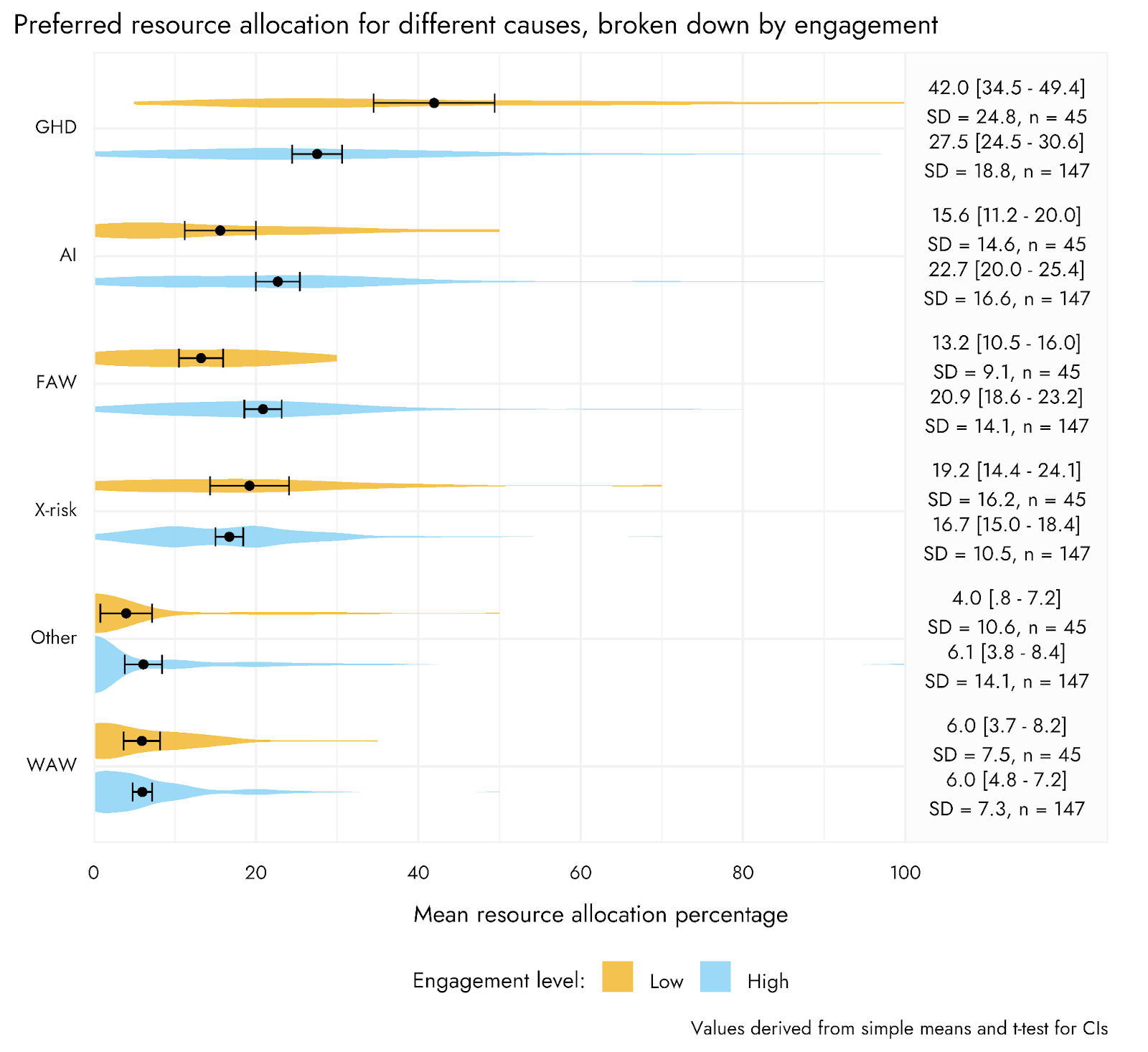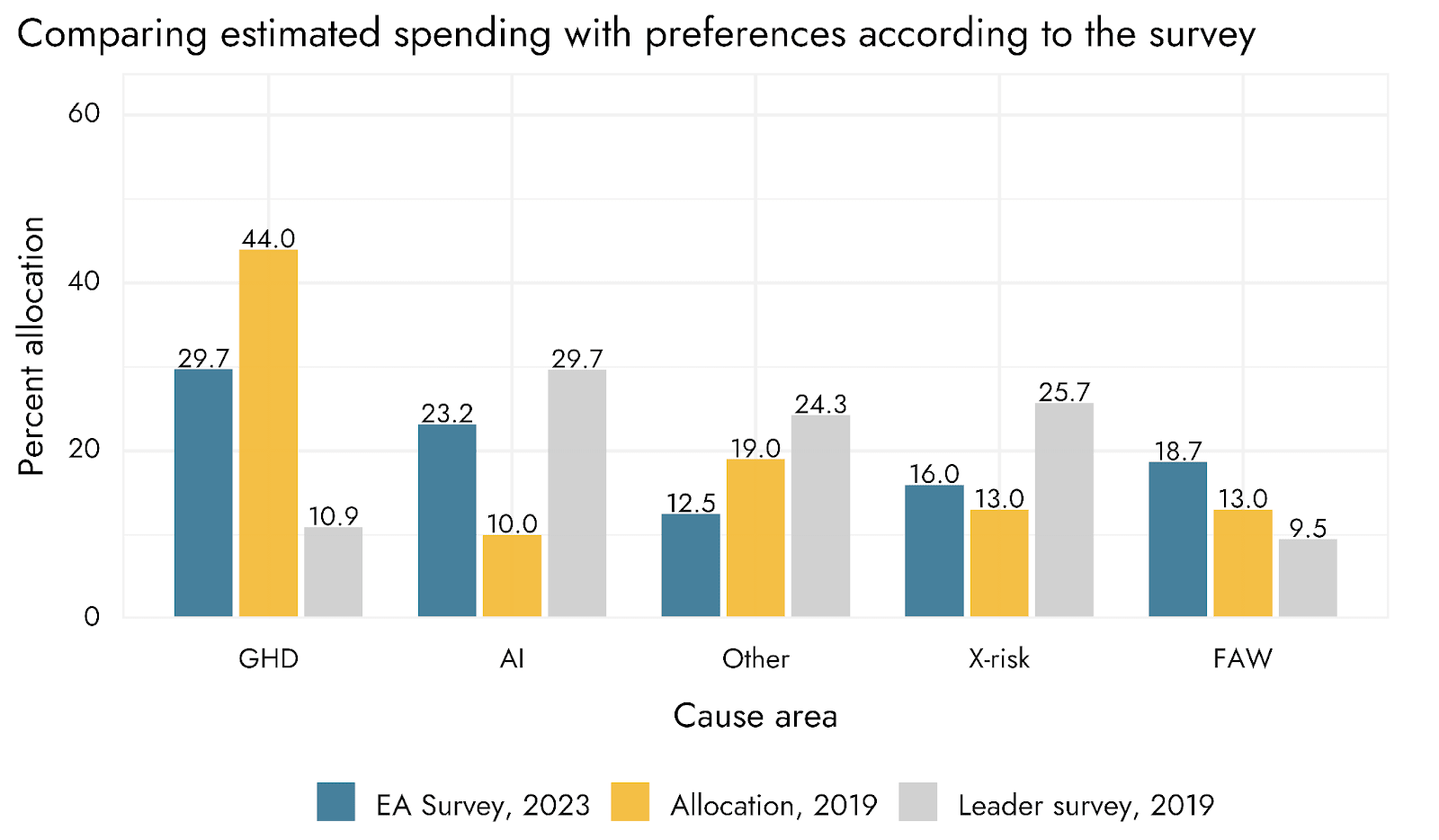When you comment on your vote on the debate week banner, your comment will appear on this thread. Use this thread to respond to other people's arguments, and discuss the debate topic.
You should also feel free to leave top-level[1] comments here even if you haven't voted. As a reminder, the statement is "It would be better to spend an extra $100m on animal welfare than on global health".
If you’re browsing this thread- consider sorting by “New” and interacting with posts that haven’t been voted or commented on yet. There are a lot of comments!
Also- perhaps don’t vote karma below zero for low effort submissions, we don’t want to discourage low effort takes on the banner.
- ^
The first comment in a thread is a top-level comment.



This is a provocative question that cuts to the heart of the issue. Let me offer a different hypothetical to illustrate the complexity of making such moral trade-offs.
Imagine a situation where you had to choose between saving the life of a complete stranger or saving the life of your mother. I expect you would choose your mother, and I would likely do the same. The emotional bond we feel outweighs our concern for a stranger.
Now consider an advanced, benevolent alien species observing this dilemma. From their impartial perspective, your mother and the stranger deserve equal moral consideration as sentient beings capable of suffering. The aliens wouldn't prioritize one over the other based on personal attachment or individual characteristics.
Expanding this principle further: a chicken's capacity to suffer deserves moral consideration as well, even if their inner lives differ from ours. The immense scale of animal suffering in factory farms — tens of billions of sentient beings in cruel conditions — is a major ethical catastrophe from an impartial view.
I completely agree that alleviating human suffering should remain a key priority. The scope of human struggles globally is vast and demands action.
However, this isn't an either/or choice. $100 million — a tiny fraction of resources spent on human welfare — could dramatically improve conditions for billions of farm animals. There's ample room to address both human and non-human animal suffering.
Critically, expanding our moral circle to include non-human animals isn't at odds with human-focused altruism — it's a matter of extending the same principles of compassion and concern for suffering that we apply to humans. It's part of building a more ethical world for all sentient beings.